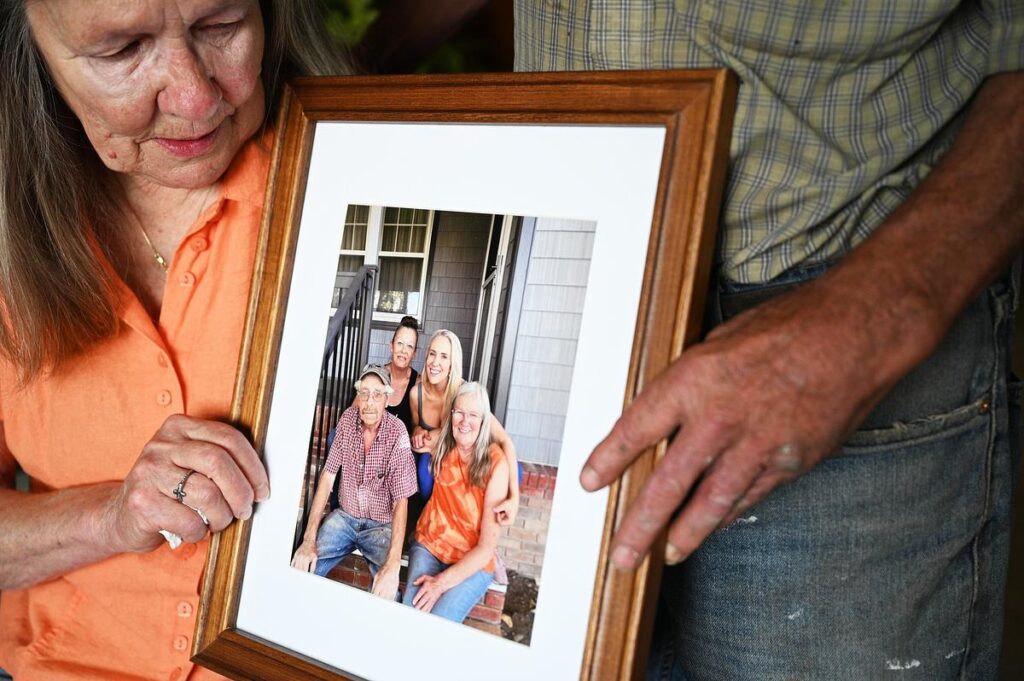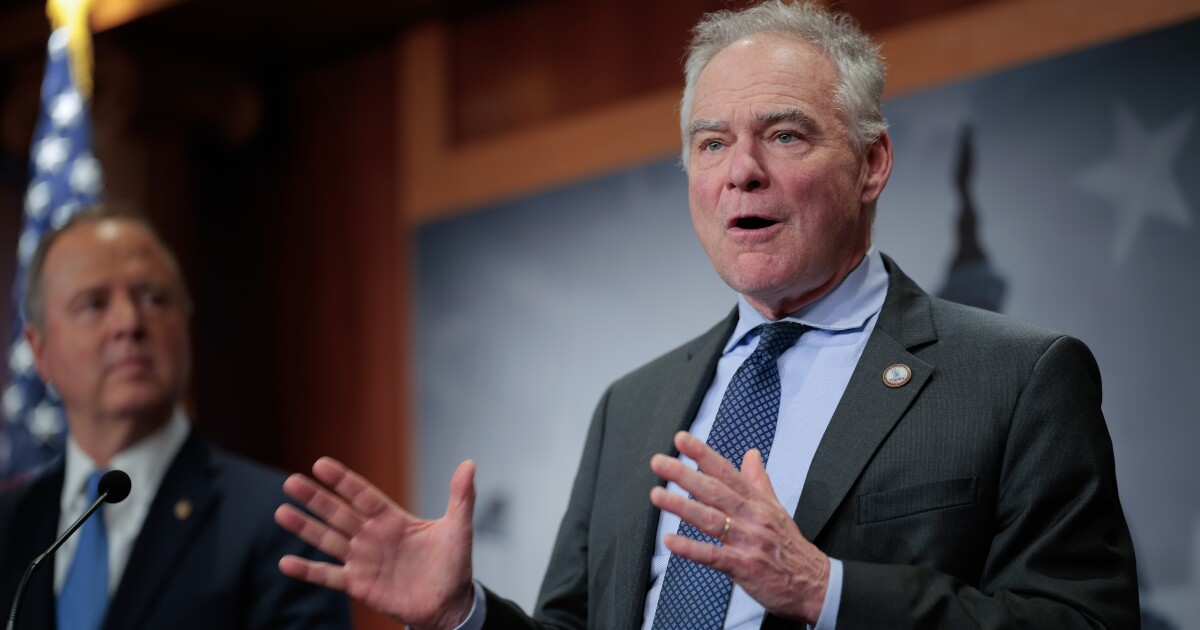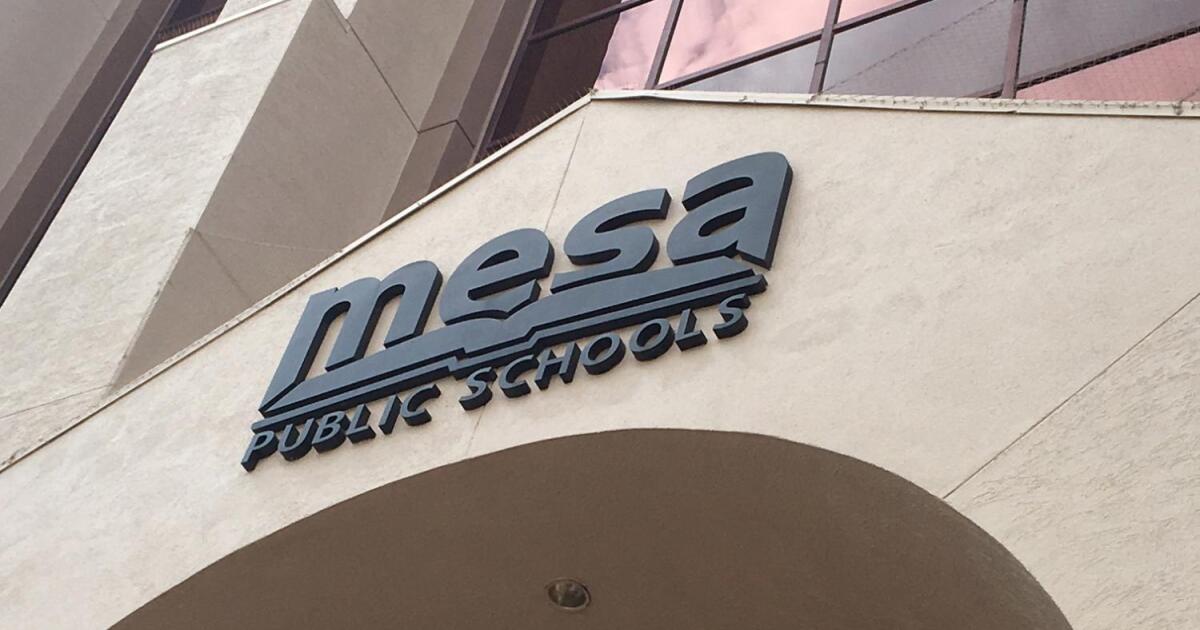This article contains references to suicide. If you or someone you know is struggling with mental health, call or text the 988 Lifeline by dialing or messaging “988.”
Last December, nurse Amy Young returned to Montana from an addiction treatment center in Georgia. The 50-year-old mother was sober, ready to rebuild, but soon faced a professional setback. The Montana Board of Nursing notified her of a year-long license suspension due to a prior meth relapse.
To regain her license, Young had to comply with the Montana Recovery Program, introduced in 2023 by Maximus, Inc. The program strictly monitors health care workers’ sobriety and mental health. Young’s family said the demands of the program, with its costly and challenging compliance requirements, added to her distress.
Young was already part of the Maximus program for over a year. The new agreement promised years of expensive drug tests and meetings, even while she couldn’t work. Participants often remain in the program for up to five years, as seen on the program’s website.
Young died by suicide in January, a day after the board finalized her suspension terms. This incident went unnoticed in reviews of the recovery program. Maximus didn’t mention the suicide in an April presentation to the state nursing board.
National experts are divided on whether such cases should be public, given privacy concerns. However, they agree on the need to address health care worker deaths to prevent future tragedies. Young’s case highlights concerns regarding Maximus’ program, which Montana contracted in 2023.
Bruce Robertson, a former board member from Montana, believes board members should have been informed of the suicide for a confidential investigation. Yet, Maximus didn’t notify the licensing boards, leaving oversight gaps. A study shows suicide risk factors for health care workers include financial stress and job-related pressures.
Many describe Maximus’ program as punitive and costly compared to its predecessor. A report by Montana Free Press revealed increased testing costs under Maximus, with tests reaching $294. Nationally, research indicates most nurse suicides involve unemployed individuals or those at risk of job loss.
Young’s mother and daughter noted the financial and emotional toll of her suspension and program experience. They emphasize reform in addiction recovery programs to alleviate burdens on licensees. Family members believe greater support could have helped Young rejoin the workforce, benefiting Montana’s health care system.
In memory, colleagues designed a T-shirt to inspire hope, with the message “You matter” over the heart. It serves as a reminder of Amy Young’s compassion and the challenges faced by healthcare professionals.
This story was updated on Sept. 18, 2025, to correct estimated costs about the Montana Recovery Program made by a prior participant.
—
Read More Montana News










